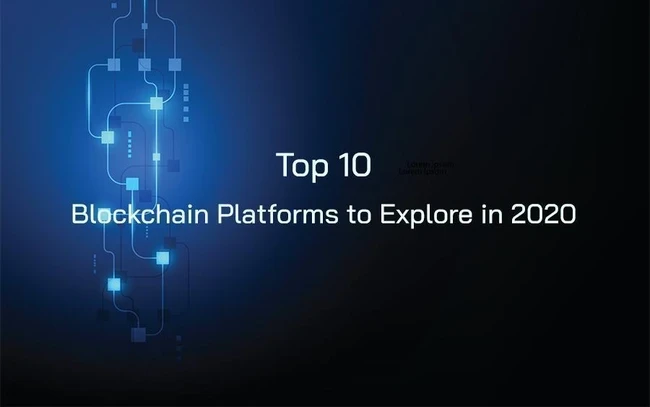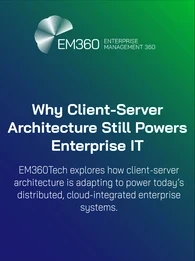Blockchain is a revolutionary concept that surfaced as a way to disrupt the financial industry. In the quest for a more secure and private way to manage finances over the web, blockchain has provided the perfect answer. As experimentation continues with blockchain technology, more opportunities are now making themselves known.
Increasingly, we’re seeing the emergence of blockchain platforms supporting the development of blockchain-based applications. Just like any development platform, the right blockchain system allows businesses to experiment in data management to transaction processing. If you’re looking to get in on the blockchain action, we’ve compiled a list of the top 10 platforms for your consideration today.
Enterprise Management 360 is a global digital media brand providing guidance and insight to tech buyers via problem solving digital content in the form of videos, podcasts, interactive white-papers and news.
With an active and influential global audience consisting of CEO's, CIO's, IT directors, business leaders and decision makers, EM360 continues to expand with the addition of new channels and content partnerships, as well as through events in North America, Europe and Asia.
Max is an experienced host with a demonstrated history of working in the online media industry. Skilled in audio editing, video editing, radio presenting, promotions, and social media marketing with a Bachelor of Arts - BA (hons) focused on broadcast journalism and media law from the University of Gloucestershire.
Did you enjoy the content?
Why not support
Max Kurton
by giving this content a like








Comments ( 0 )